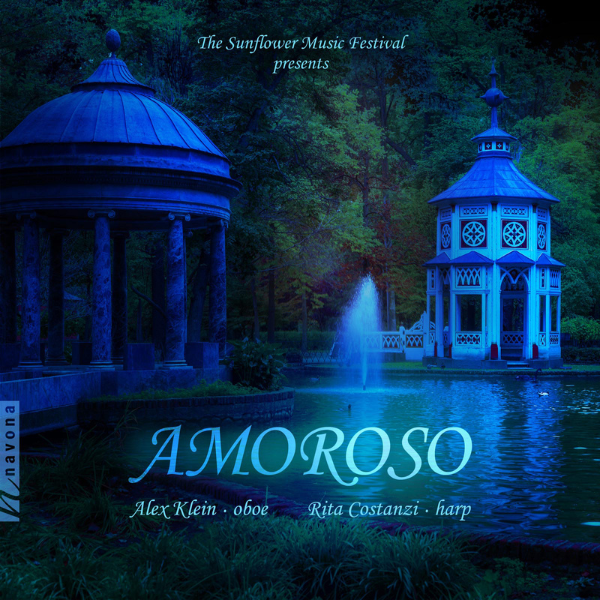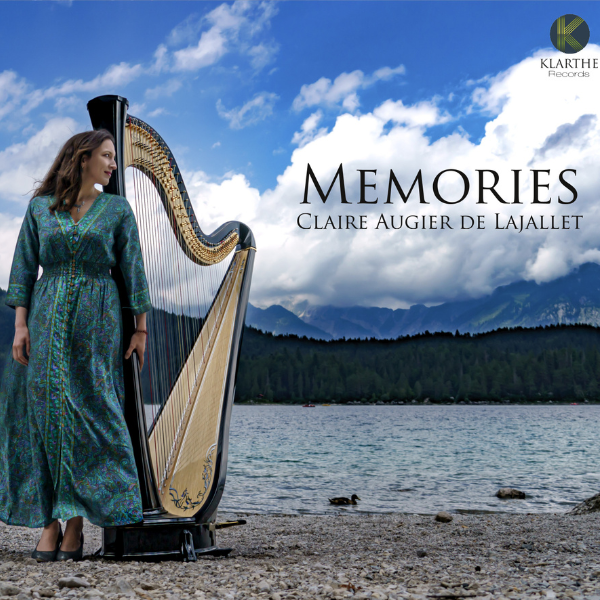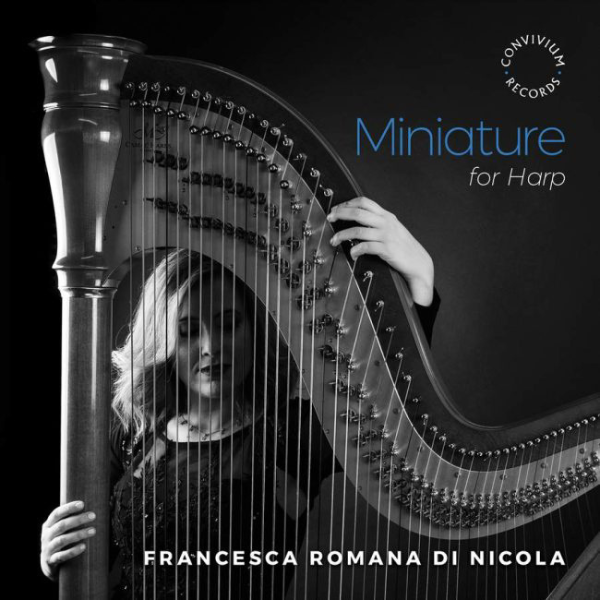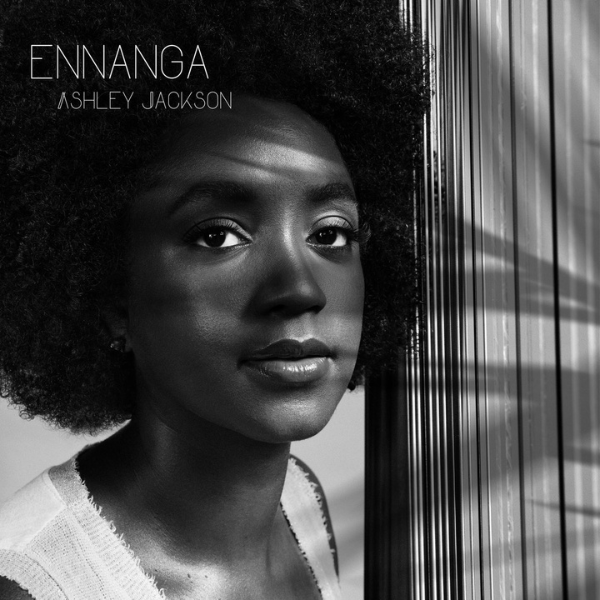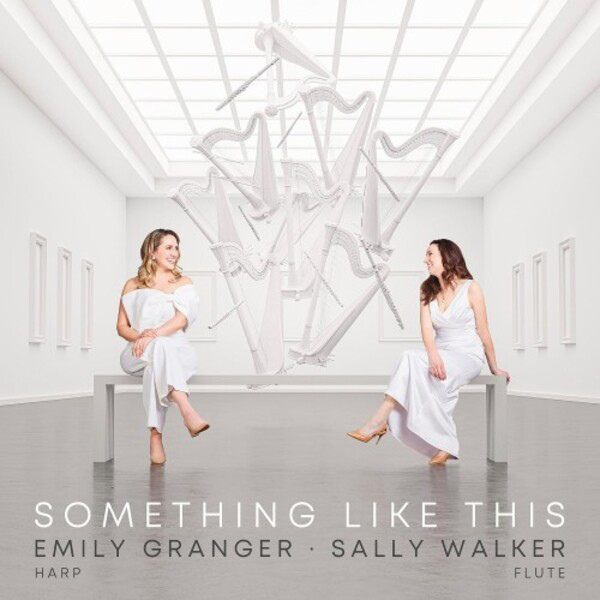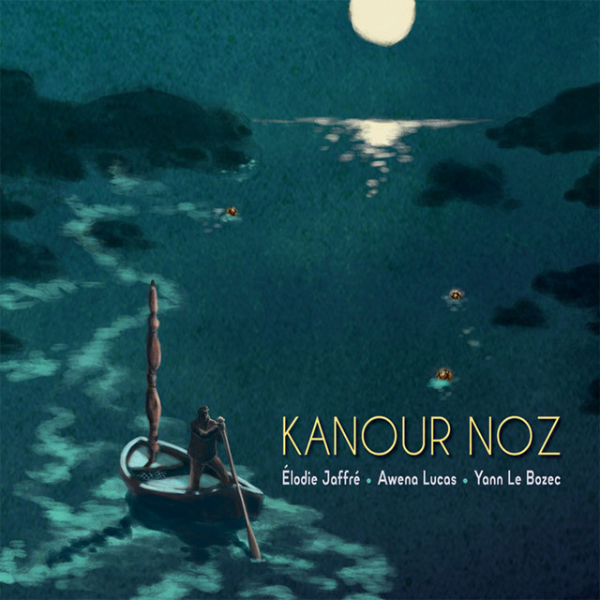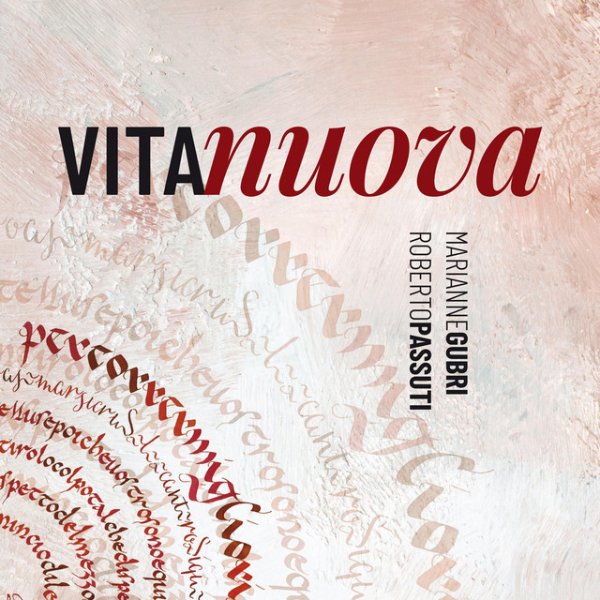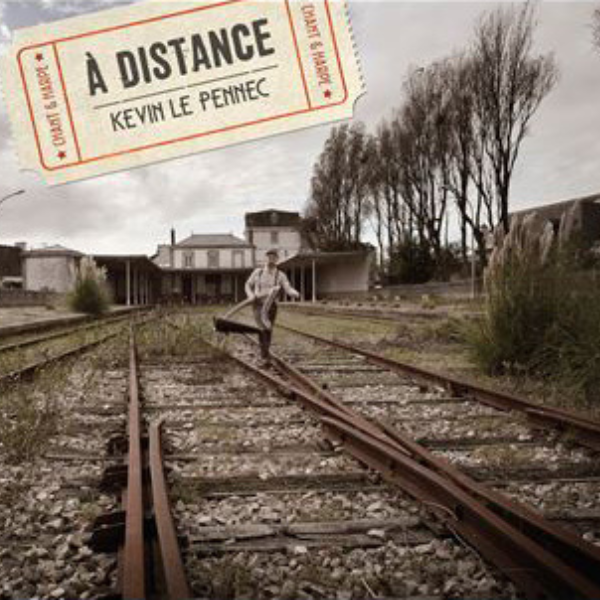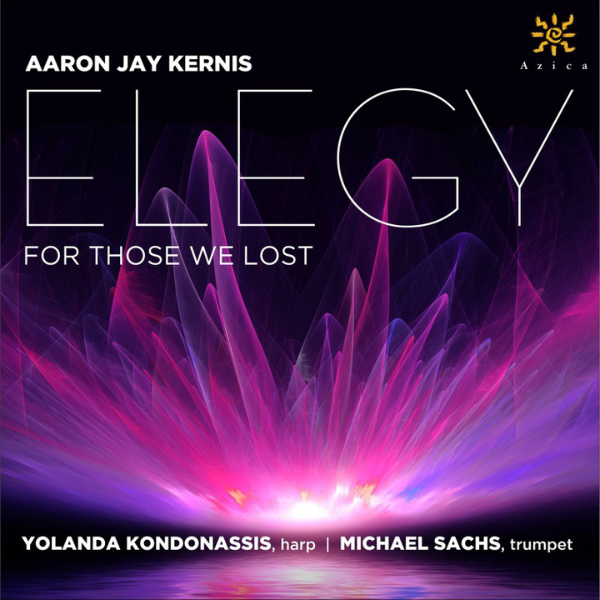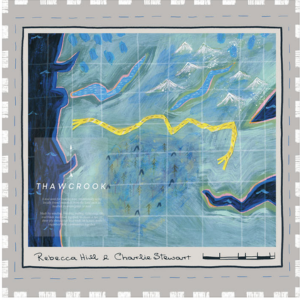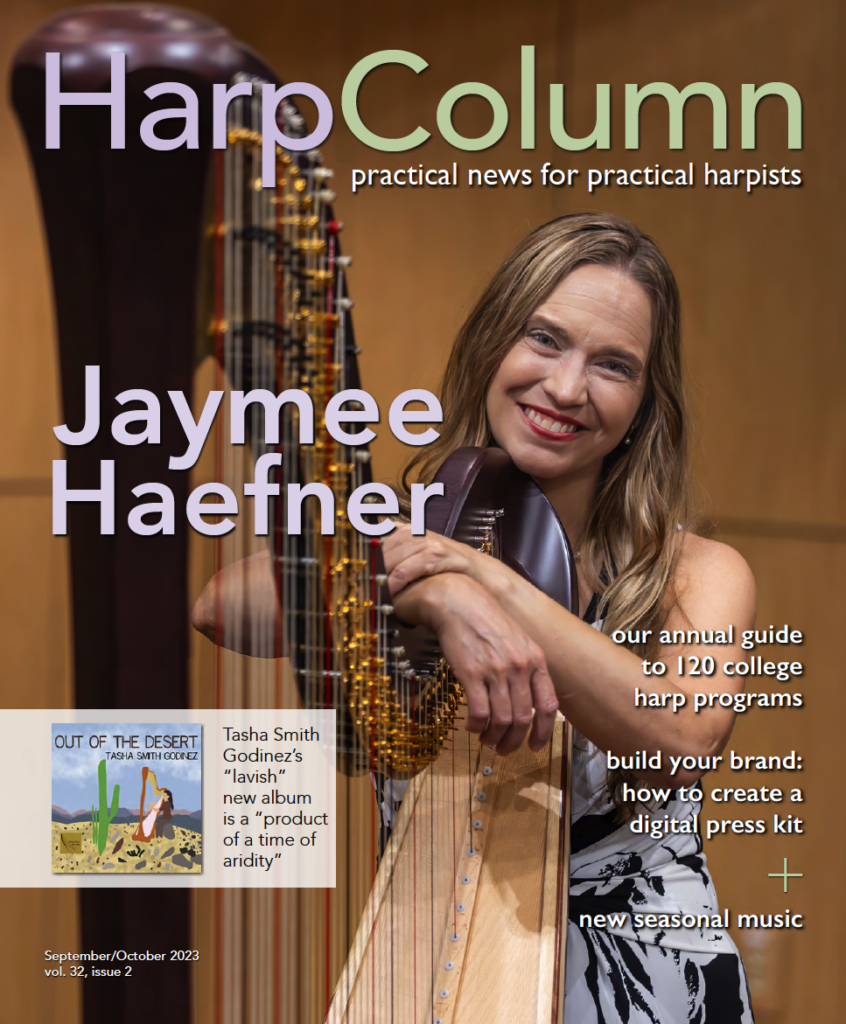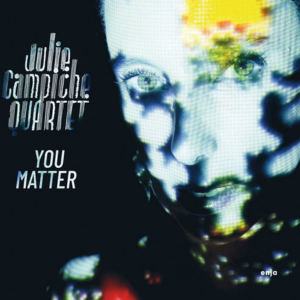
9/10
The Julie Campiche Quartet: Julie Campiche, harp; Leo Fumagalli, saxophone; Manu Hagmann, double bass; and Clemens Kuratle, drums. Self-released, 2022.
Julie Campiche resides in a musically inventive world all her own. One of the most innovative harpists working today, she’s undaunted when exploring every capability of the instrument, looking not only for unusual and unexpected sonorities, but redefining the instrument’s role.
Her most recent album, You Matter, is based on how our actions impact everyone, that we indeed matter, and, much like the butterfly effect, a seemingly insignificant action can result in cosmic change.
Rounding out her stellar quartet is the soulful Leo Fumagalli on sax, the musical ensemble mind-reader that is double bassist Manu Hagmann, and the grounded rhythmic glory of Clemens Kuratle’s drums.
Beginning with a primordial drone, the instruments seem to emerge from the earth in mystery and possibility. It’s free jazz, in a way, a sonic atmosphere too, until it’s not. And I mean that in the most enthusiastic way. How can anyone pin down Campiche? Her music is improvisatory, sure, but with a clear destination and overall arc of meaning. Aquarius, after all, was a beautiful boy who was kidnapped and made to live out his life as the cupbearer to the gods. Campiche plays the role of Orpheus who told this tragic tale while inviting us to see Aquarius above us in the night sky as a far off constellation.
In the Other’s Share the ensemble offers a jittery, syncopated and staccato beat where the white space itself enters as its own voice. Campiche’s dreamy melodic line is masterful, holding us in the palm of her hand as she leads us to a gentle groove under a sultry melody. Fumagalli’s layered sax lines in Fridays of Hope are punctuated by vocal warnings, “Wake up…and change.” It’s ethereal meets funk. The quartet brings depth and range to Campiche’s aesthetic.
Parenthese couples bass and harp in a tango-like pulse, steamy and slow, drawn out to accentuate the tension. Not often is silence and space so relished, making the music all the more satisfying. But like a window opened to offer a fresh breeze, Lies begins with the harp transformed chameleon-like to dulcimer, guitar, lyre, even didgeridoo. Campiche eventually steals the spotlight, improvising in a hand-stopped fashion as if a thumb piano before blossoming to a full resonating harp.
The most complex work on the album is The Underestimated Power, providing Campiche a canvas for her most evocative explorations. She draws us into the marvel of her voice with the simplicity of the subtle shifts that redefine the instrument’s potential. In some ways, what she achieves comes from a road less taken. Take Utopia, where the musical line speaks more for itself than novelty in sound with unpredictable pauses and startling shifts in stress. Just when we follow one direction, she evades our expectation and takes us somewhere we never thought to go. It’s mysterious and intoxicating.
The final word is by harp alone in the marvelous Into the Woods. I hear it as a mantra and see Julie Campiche as the guide to let our creativity unfold and flower in whatever distinctive voice it demands.






